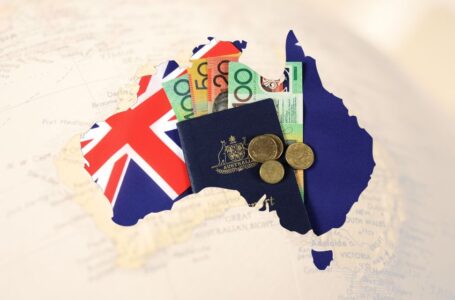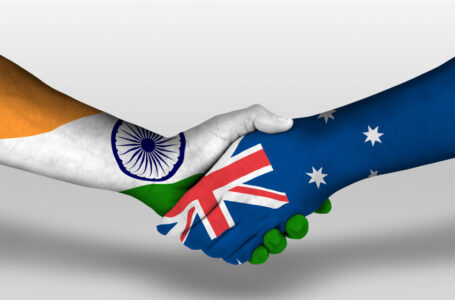The challenges that refugees face in Australia
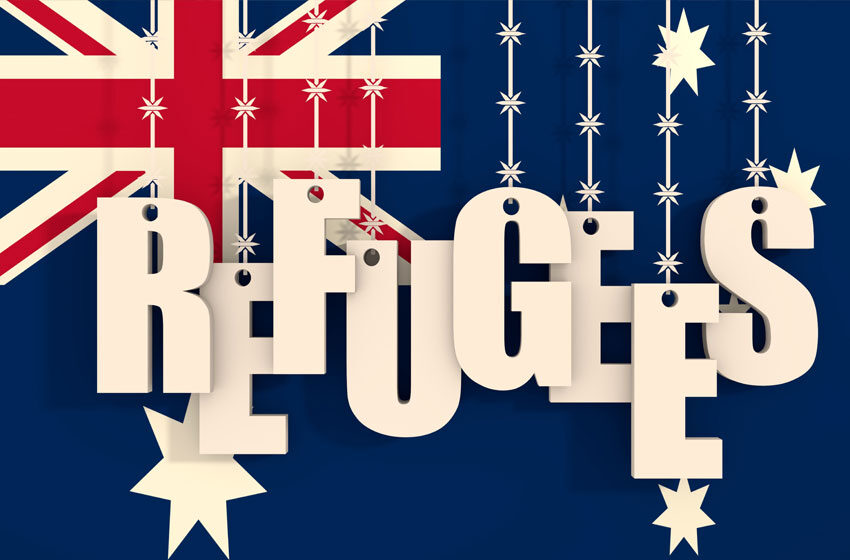
On 10th June 2022, the Nadesalingam family returned to their adopted home in Biloela after four years in immigration detention. Also, as per the official reports, they will receive permanent residency within a few weeks; Priya and Nades and their daughters were able to return to their adopted town after years of campaigning and appeals for the government to recognise them as refugees. Furthermore, their supporters and friends celebrated the victory, while the refugee advocates stated that the incident should put an impetus to reform Australian refugees’ policies.
There are many unaccounted refugee cases wherein the people crossing over from their countries due to socio-political threats face extreme situations in Australian detention camps for years. For instance, Arad Nik, an indigenous man from Southwest Iran and part of the Ahwazi Arabic minority; Arad fled from his country in 2012 as the Iranian authorities arrested and tortured him due to his advocacy and activism.
Initially, he reached Indonesia and then travelled to Christmas Island in August 2012; upon his arrival in Australia, he spent years in detention in Melbourne, Perth and Christmas Island. Finally, however, the government granted him a Safe Haven Enterprise visa (SHEV), and then he moved to Tasmania.
Mr Arad describes the last ten years as extremely horrible; the authorities in the detention camps treated him and his family cruelly. Also, while being in the limbo state for the last decade on a temporary visa, they felt stuck with limited human rights.
The uncertain situation of Refugees
Similar to Mr Arad’s case, Reza Rostami arrived in Australia in 2013; however, the border police detained them on Christmas Island before spending two years in detention centres in Melbourne and Sydney. Also, the Australian government granted them Safe Haven Enterprise visas, a type of temporary protection visa which allows refugees to stay in the country temporarily for five years.
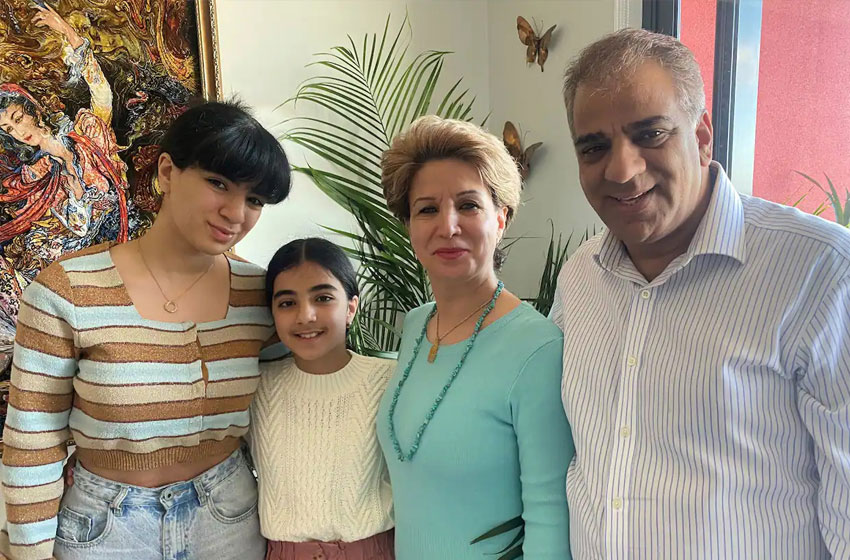
Mr Rostami appreciates that they have received a new home, but he and his family are facing an uncertain future due to no clear path to permanent residency. Therefore, he stated the Australian visa is the worst visa in the world as the individual is living in an uncertain situation wherein he does not know if he should plan for the future regarding a job or education.
Mr Rostami and his family are amongst the 19,000 people in Australia who arrived by boat before September 2013 and are on temporary protection visas. However, although these particular visa holders can work and study, they will not receive government support if they study full-time.
Mr Roshtami recounts that his oldest daughter cannot attend university next year; besides, the temporary visa would allow her to study as an international student, costing her thousands of dollars.
Australia’s main two political parties support the Operation Sovereign Borders policy that the Abbott government introduced in 2013. Also, the policy prevents anyone arriving in Australia by boat from that date from settling in the country permanently.
Additionally, in June, Mr Roshtami was nominated for this year’s inaugural Les Murray Award for Refugee Recognition and wrote about his experiences alongside the other award finalists. Also, while writing about his experience, he said that there are different stages of trauma that an asylum seeker goes through.
For instance, he said he was scared when his home country’s government called him in for intense questioning regarding his opinions and attitudes. Then secondly, during the boat trip from Indonesia, he underwent a second trauma, as his 18-month-old daughter nearly died due to starvation and breathlessness.
The traumatic experience of the detention centre
One common thing most refugees talk about after successfully getting out of the Australian detention centre is their traumatic experiences. Many people think that staying there would be a temporary arrangement. Still, years roll by, and they continue to suffer the unjust treatment by the facility’s authorities- it’s almost as if they are unhappy that the refugees have come to their country. For example, Mr Roshtami had high expectations but was shocked to find out the reality of the detention centre- and presently, the ongoing uncertainty about their future in Australia also adds to his stress.
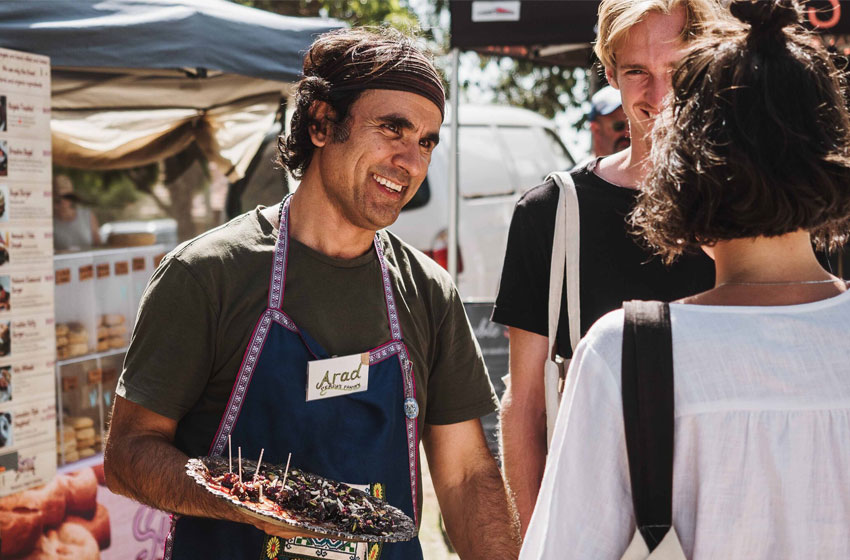
Last year, Mr Rostami coordinated a prominent University of New South Wales research study into the mental health impacts of Australia’s migration policies on the children of asylum seekers who had arrived by boat. His findings stated that children living with the insecurity of bridging visas for up to seven years experienced almost double the rates of psychosocial difficulties as those with permanent residency.
He has been appealing to the country’s new Labor government to urgently conduct its election pledge to grant permanent visas to those stuck on the temporary protection program. The Labor party has previously said it is committed to implementing its election policies but is yet to announce when it will introduce permanent protection visas.
Why do refugees face challenging situations in Australia?
Australia has welcomed more than 900,000 refugees over the past 75 years. However, if a person illegally enters the country, the border authorities detain them – The Department of Home Affairs has stated that the new government remained committed to Operation Sovereign Borders. Furthermore, an official spokesperson highlighted that people who travel illegally to Australia by boat would not settle permanently. Also, “Operation Sovereign Borders is about defeating people smugglers who manipulate vulnerable men, women and children to risk their lives at sea.
The situation of refugees hoping for permanent settlement has been recently highlighted by the Nadesalignman family, who returned to Biloela in the first week of June after being in community detention in Perth. After having asylum applications knocked back, the couple had entered into legal battles to stay in the country, saying they would face persecution if returned to Sri Lanka.
Refugee advocates are also urging Mr Albanese to reset Australia’s policy on refugees in Indonesia, where growing numbers of refugees have been arriving over the past decade. Under a bilateral agreement between Australia and Indonesia, the Indonesian government has agreed to intercept and detain asylum seekers bound for Australia.
Chief executive of The Refugee Council of Australia Paul Power has urged the Labor government to prioritise refugee issues. Furthermore, he hopes that the new government will be able to act on that promise within the coming months. Still, the knowledge that a new government is prepared to provide permanent protection for refugees in that situation has made a huge difference to people’s well-being.

